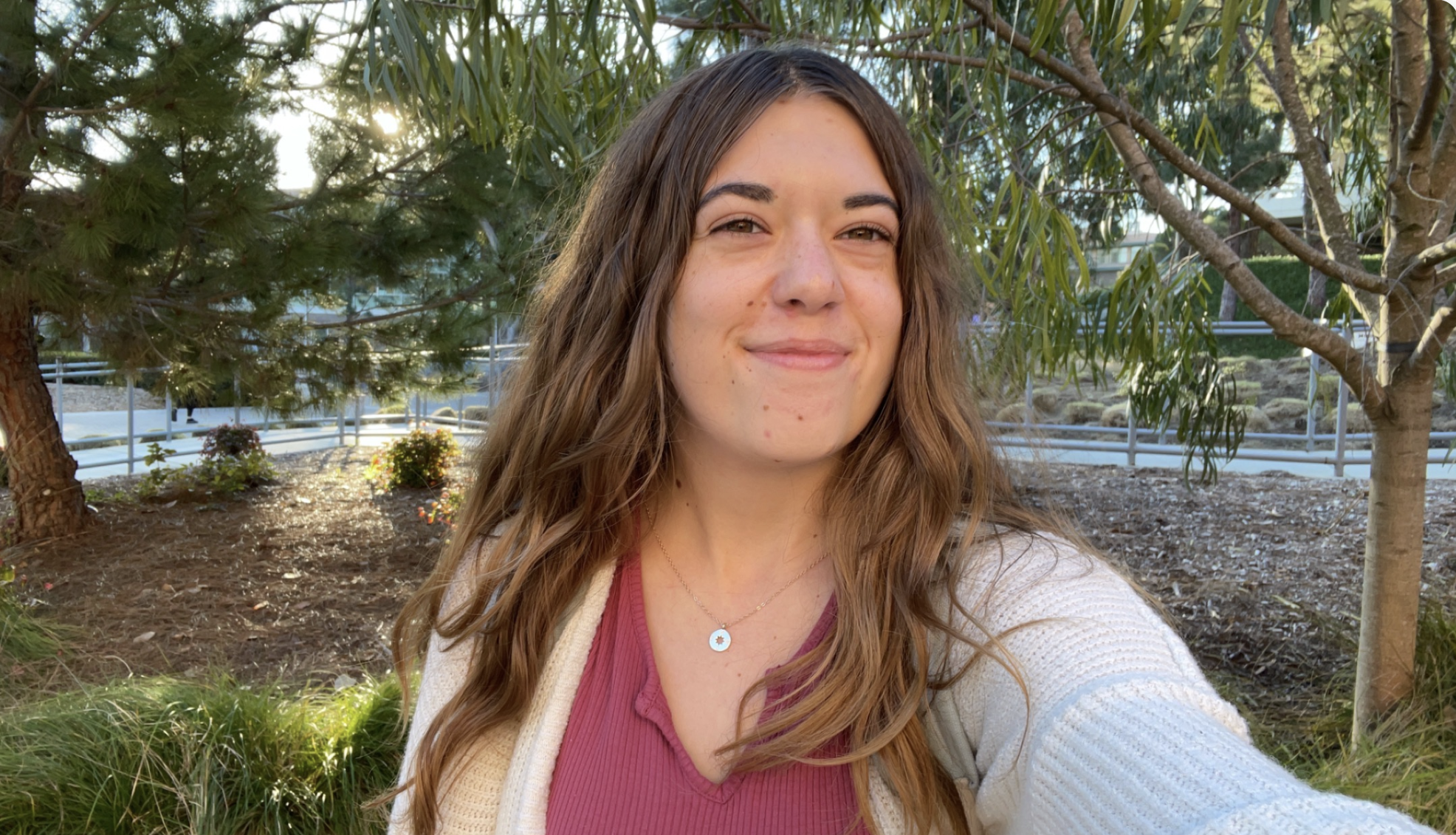Taylor Hart has questions

Hart's drive to understand how the natural world works has taken her from the east coast of the U.S. to the rainforests of Australia. And it all started with a boundless curiosity that took root in childhood.
Asking questions and following your curiosity is a skill, and it’s one that Taylor Hart, an undergraduate at UC Irvine majoring in Earth system science, has been honing since she first became interested in science as a child.
“I’ve always asked a lot of questions, no matter the topic,” said Hart, who’s minoring in biology. “It was always on my progress reports in school. All my teachers would write ‘Taylor always asks the most questions.’ I was a very curious kid.”
It started with a love of water and animals, which led Hart to question the natural world and why it works the way it does. That curiosity eventually led her to UCI, where she’s now an assistant in the lab of Professor Ellen Druffel.
Under Druffel’s tutelage, Hart's helping tackle questions about how carbon cycles through rivers like the Santa Clara River in Southern California and how that cycling may be changing in the face of human-driven climate change.
In following her curiosity to Druffel’s lab, Hart also discovered a mentor.
“Ellen Druffel is the kindest mentor I've ever had,” said Hart. “Beyond helping me understand the science, she's taught me so much about prioritizing a healthy work life balance, leading with patience and kindness and maintaining a happy work environment.”
Then, last year, Hart was a Hollings Scholar with the National Oceanic and Atmospheric Administration’s Hollings Marine Lab in South Carolina, where she helped analyze samples sent from the west coast to see if there were any harmful strains of algae in the ocean.
“My NOAA internship taught me how to be an independent researcher,” said Hart. “It was the first time I was the lead on a project, and I loved getting to choose the direction that it went. I became confident in my ability to conduct every step of a research project, from developing the scientific question to writing the report.”
The data collected from the samples Hart tested is the sort of information that informs decisions about water quality and, in that way, water safety. “I just really felt like a scientist there,” she said.
Also curious about marine life, Hart spent last fall studying abroad in Australia at the University of Queensland, where she studied rainforest ecosystems, as well as tropical fish and their habitats at the Great Barrier Reef.
“My time in Australia inspired me to pursue ecology and conservation science, specifically through fieldwork,” said Hart. “Being in Lamington rainforest and the Great Barrier Reef brought back a wonder and awe for the natural world that I experienced as a kid.”
After graduation, Hart plans to go into conservation biology work. "I’m excited to put my research skills towards the conservation of endangered species and their ecosystems,” she said.
And it all started with sometime simple: asking questions, and seeing how the answers unfolded around her.
